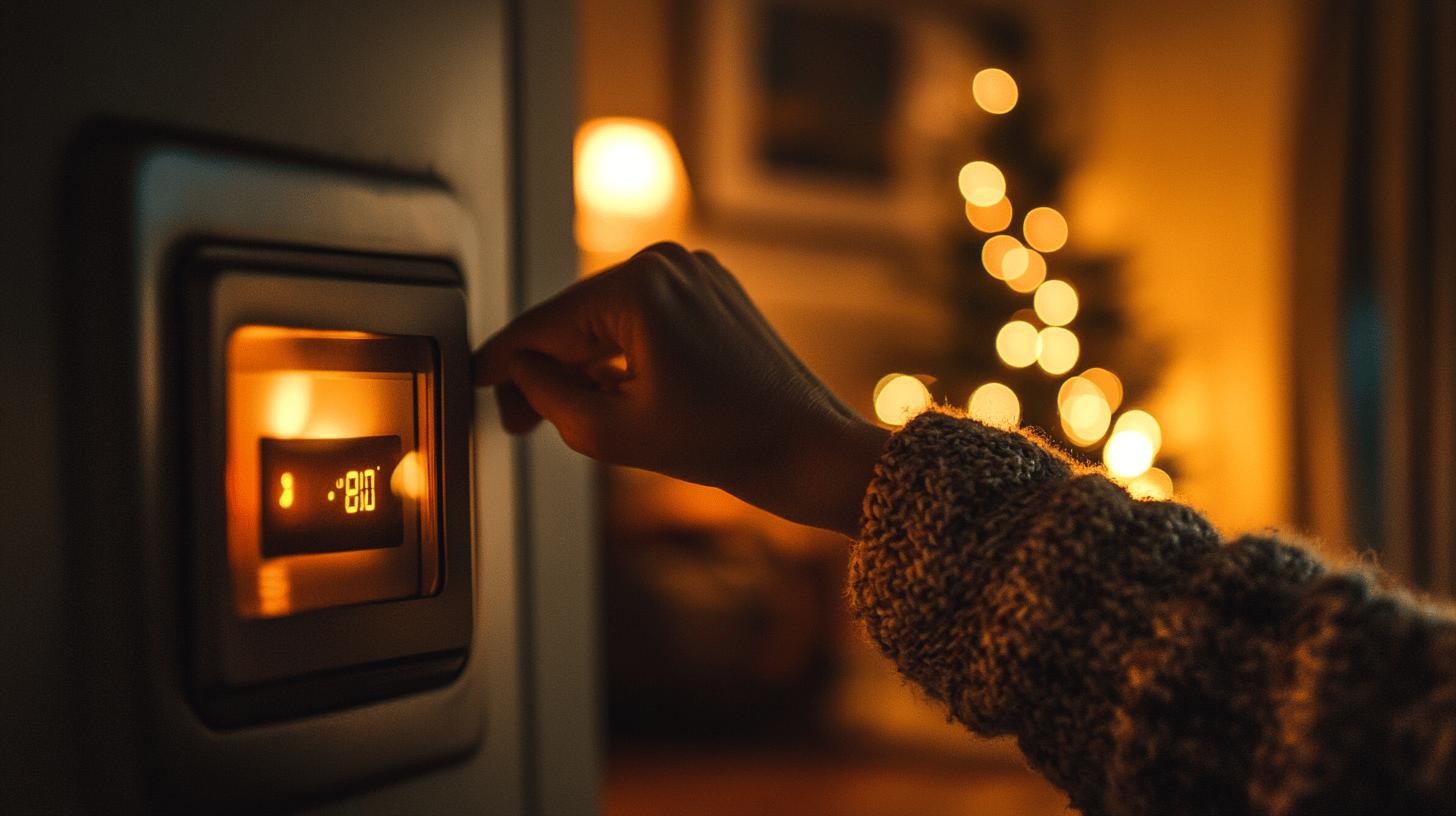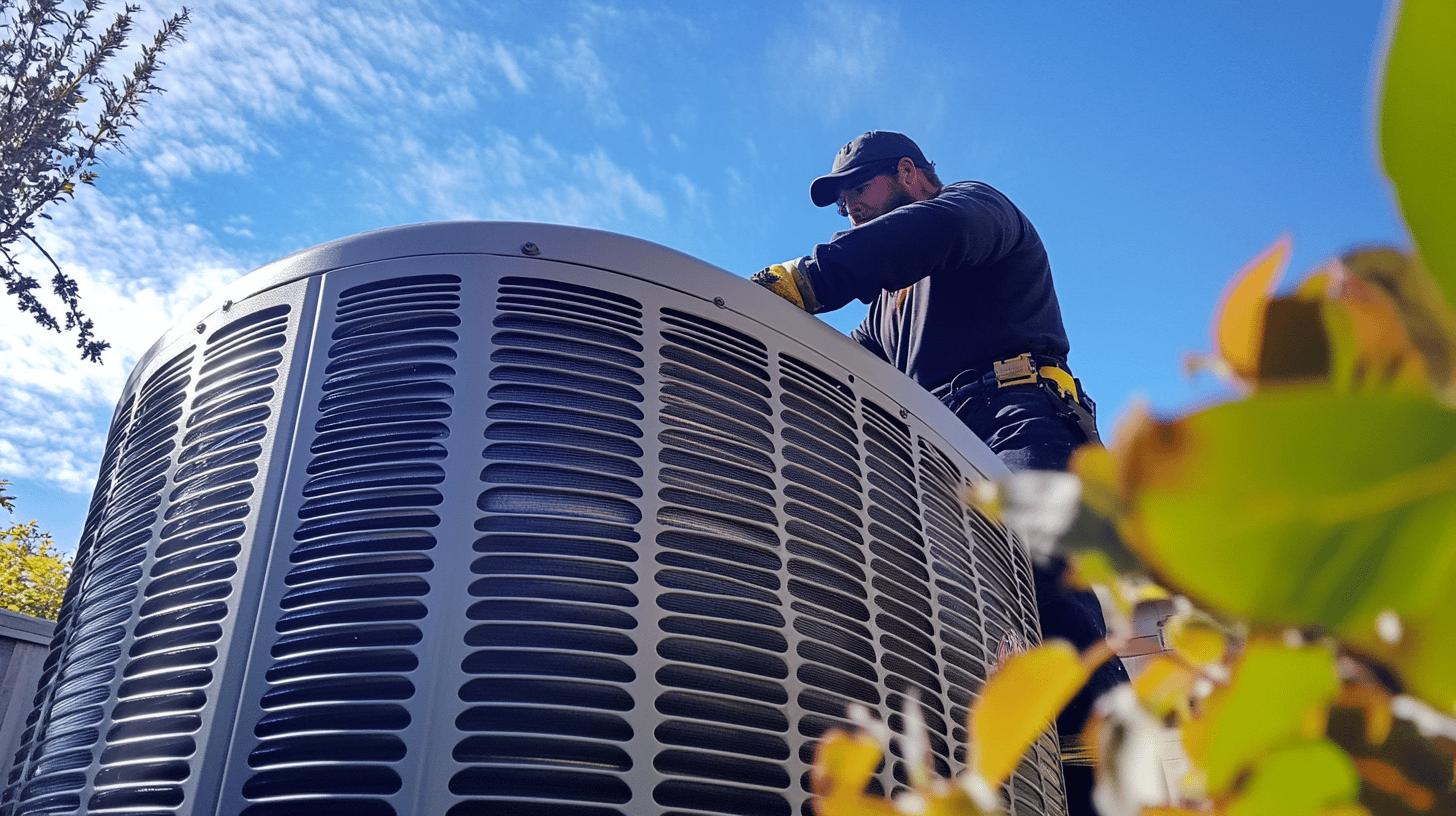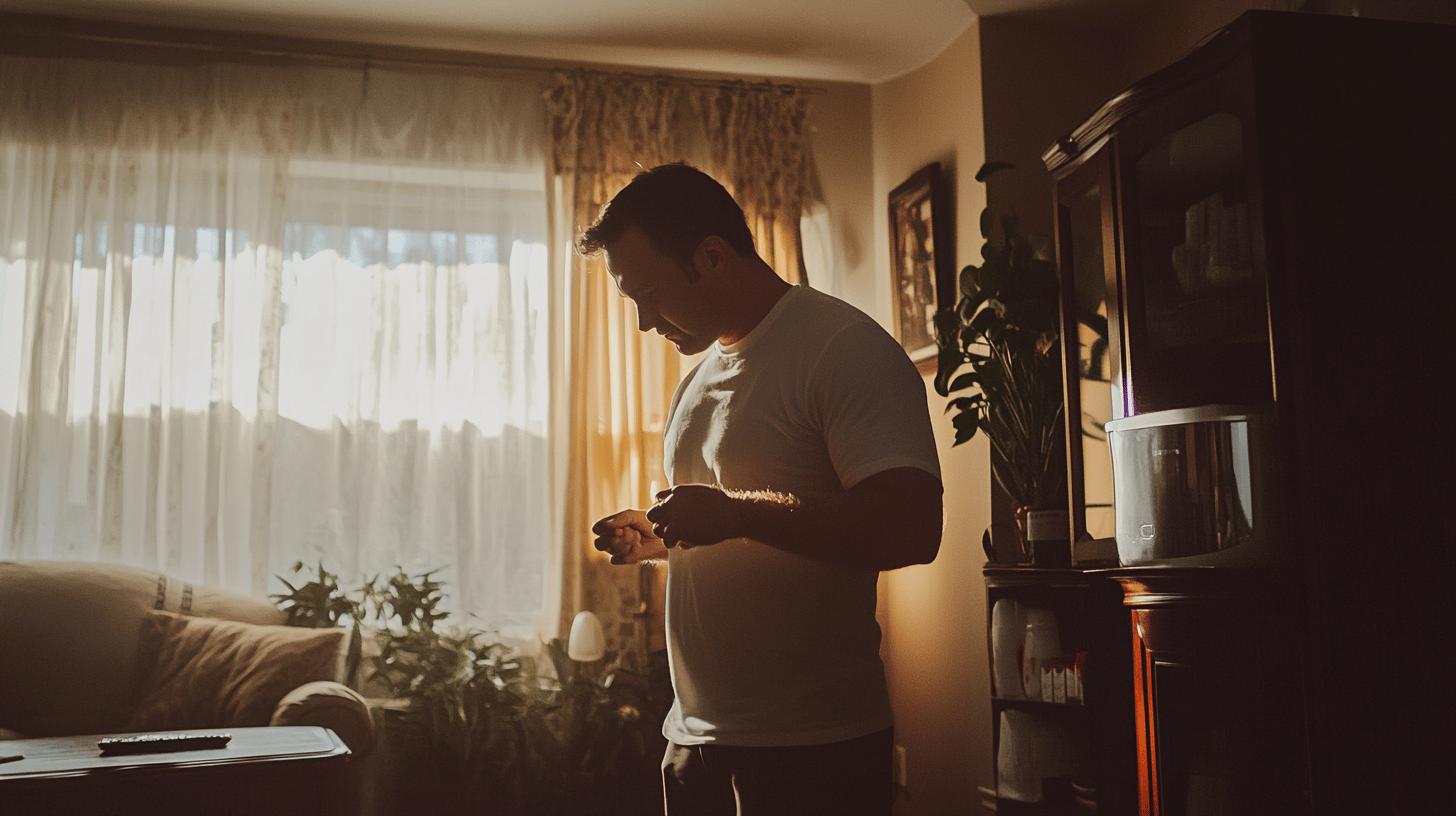Is your HVAC system blowing hot air, disrupting the comfort of your home? You’re not alone in facing this common yet frustrating issue. Whether it’s incorrect thermostat settings, low refrigerant levels, or a malfunctioning compressor, understanding the root causes is crucial for a quick and effective fix. In this article, you’ll discover how to troubleshoot these air conditioning issues and explore professional solutions to restore cool air. Ready to regain control over your warm air problems and ensure a comfortable indoor climate? Let’s get into the most common causes and practical solutions.
Common Causes of HVAC System Blowing Hot Air
When your HVAC system blows hot air, finding the cause is crucial for comfort. Understanding the issue can speed up repairs and stop further problems. Knowing whether it’s a simple fix or a complex issue saves time and reduces stress.
Here are common causes:
- Incorrect thermostat settings
- Low refrigerant levels
- Electrical issues
- Malfunctioning compressor
- Blocked condenser unit
Regular maintenance is vital to prevent these problems and keep your system efficient. Check parts like the thermostat, refrigerant, and electrical system regularly. Keeping the compressor and condenser clean stops unexpected failures. Professional inspections provide peace of mind and maintain comfort through all seasons.
Troubleshooting Steps for HVAC Blowing Hot Air

If your HVAC system blows hot air, troubleshoot it step by step. This method helps quickly fix common problems so you can stay comfortable.
1. Adjust Thermostat Settings
First, check your thermostat settings. Make sure it’s set to “cool” and the temperature is lower than the current room level. Incorrect settings can cause the system to blow warm air.
2. Inspect Air Filters
Next, examine the air filters. Clogged filters restrict airflow and can overheat the system. Replace dirty filters. Doing this every 1-3 months helps improve airflow and prevent overheating.
3. Check Refrigerant Levels
Ensure refrigerant levels are adequate. Low refrigerant affects cooling, leading to hot air. Look for leaks, like ice on the coil or hissing sounds. A professional should handle refrigerant issues for safe repairs.
4. Verify Electrical Components
Check for electrical problems. Look for tripped breakers or blown fuses that hinder operation. Ensure all switches are on and inspect the circuit breaker panel. Restoring power might fix the hot air issue.
These troubleshooting steps help identify and resolve common HVAC issues efficiently.
Professional Solutions for HVAC Warm Air Issues
Is professional help necessary for your HVAC system? Yes, especially for complex repairs. Experts can diagnose and fix issues like refrigerant leaks or compressor problems, which impact efficiency and longevity.
Pros can also inspect your system thoroughly, spotting electrical failures or component breakdowns that aren’t obvious. This detailed approach ensures peak performance, saving future headaches and expenses.
| Service Offered | Benefit |
|---|
| Refrigerant Leak Repair | Ensures efficient cooling |
| Compressor Replacement | Restores optimal functionality |
| Electrical Component Repair | Prevents system breakdown |
Why is regular maintenance important? It helps prevent common HVAC issues. Routine checks by professionals catch minor problems early, boosting reliability and extending system life. Maintenance includes cleaning parts, checking wear and tear, and verifying functionality. Investing in these visits helps keep temperatures comfortable, optimizes energy use, cuts utility bills, and prolongs system life.
Preventive Maintenance Tips to Avoid Hot Air from HVAC

Why is preventive maintenance vital for your HVAC system? To ensure it works efficiently and doesn’t blow hot air, regular care is needed. These steps keep the system in great shape, avoiding airflow blockages and cooling inefficiencies.
- Replace air filters regularly
- Clean and clear the outdoor unit
- Inspect ductwork for leaks
- Schedule seasonal professional inspections
Is professional inspection necessary? Absolutely. Regular checks by HVAC pros spot potential issues before they grow. Seasonal inspections ensure all parts work well, reducing breakdown risks and maintaining comfort indoors.
Final Words
Addressing the issue of an HVAC system blowing hot air involves understanding common causes, such as thermostat settings and refrigerant levels. Troubleshooting steps, like adjusting thermostats and inspecting filters, are practical first measures. Seeking professional HVAC services offers comprehensive solutions by diagnosing complex issues and performing necessary repairs.
Preventive maintenance, including regular inspections and upkeep, is essential for efficient HVAC system performance. By understanding these aspects and acting proactively, you can ensure your system delivers cool, comfortable air consistently. Embrace these strategies to maintain your HVAC system’s reliability and efficiency.
FAQ
Why is my car AC blowing warm air?
A car AC may blow warm air due to low refrigerant levels, a faulty compressor, or an electrical issue. Checking these components can help identify and resolve the problem.
HVAC system blowing hot air in winter?
The HVAC system might blow hot air in winter due to incorrect thermostat settings or switching the mode from cooling to heating. Proper adjustment can rectify this issue.
How to fix AC blowing hot air in car?
To fix a car AC blowing hot air, first check the refrigerant levels, inspect the compressor for damage, and verify that electrical connections are secure.
How do I fix my AC blowing warm air?
Fixing an AC that blows warm air starts with checking thermostat settings, ensuring air filters are clean, and examining refrigerant levels for any leakage.
Why is my HVAC blowing hot air?
Your HVAC might be blowing hot air due to incorrect thermostat settings, low refrigerant levels, electrical issues, or a malfunctioning compressor. Addressing these can correct the problem.
How do I fix my AC that only blows hot air?
To fix an AC that only blows hot air, check the thermostat settings, ensure the air filter is clean, and inspect the refrigerant levels and electrical components.
Should the air coming out of my outside AC unit be warm?
Yes, the air leaving the outside AC unit should be warm, as heat absorbed from your home is expelled outside to maintain indoor cooling.
Why is my HVAC blowing air but not cool?
An HVAC system blowing air but not cool might have issues like low refrigerant levels, a blocked condenser, or thermostat setting errors leading to inadequate cooling.

